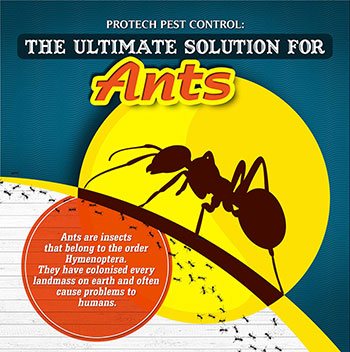Tips For Maintaining Exterior Insects Far From Your Garden
Tips For Maintaining Exterior Insects Far From Your Garden
Blog Article
Authored By- https://www.nbcdfw.com/news/local/texas-news/womans-wild-animal-rescue-doesnt-go-as-planned/3277756/
Visualize your yard as a haven, a location of harmony and beauty. However, the presence of exterior pests can quickly disrupt this picturesque image. Suppose there were easy yet effective methods to keep these unwanted visitors away and secure your yard sanctuary? By following a couple of sensible ideas and applying natural strategies, you can produce an unified exterior room where your plants can grow undisturbed.
Natural Bug Deterrents
To maintain insects far from your yard normally, plant aromatic natural herbs like mint and lavender. These aromatic plants not only include appeal to your garden but also function as efficient insect deterrents. Parasites like mosquitoes, flies, and even some garden-damaging pests are driven away by the solid scents discharged by these natural herbs. Simply putting them purposefully around your garden can help develop a natural obstacle versus undesirable insects.
In addition to mint and lavender, take into consideration planting various other herbs like rosemary, basil, and lemongrass to further enhance your garden's pest-proofing capacities. These herbs not just act as all-natural repellents however likewise have the included benefit of working in food preparation or crafting self-made remedies.
Strategic Plant Positioning
Consider the design of your garden and the kinds of plants you have to strategically put them for optimum pest-proofing efficiency.
Start by organizing plants with similar resistance to parasites with each other. By doing this, you can create an all-natural barrier that prevents insects from spreading out throughout your garden.
In addition, positioning pest-repelling plants like marigolds, lavender, or mint near even more susceptible plants can assist secure them. High plants, such as sunflowers or corn, can function as a shield for much shorter plants against insects like rabbits or ground-dwelling bugs.
Remember to leave sufficient area in between plants to improve air circulation and lower the risk of conditions that pests might lug.
Moreover, take into consideration growing strong-smelling herbs like rosemary or basil near at risk plants to confuse parasites' senses and make it harder for them to locate their targets.
Effective Parasite Control Techniques
For combating yard bugs successfully, executing a multi-faceted insect control approach is necessary. Start by encouraging all-natural predators like birds, ladybugs, and praying mantises to aid maintain pest populations in check. Introducing bee pest control near me that draw in these advantageous pests can assist in bug control. In addition, exercising great yard hygiene by eliminating particles and weeds where bugs may conceal can make your garden much less congenial to unwanted site visitors.
Take into consideration making use of physical obstacles such as row cover materials or netting to secure susceptible plants from insects like caterpillars and birds. Applying natural chemicals like neem oil or insecticidal soap can likewise work versus specific parasites while being much less hazardous to advantageous pests and the atmosphere. It's crucial to rotate your crops each season to prevent the buildup of parasite populaces that target specific plants.
Frequently check your plants for indications of insect damages so you can do something about it promptly. By integrating these approaches and staying attentive, you can properly regulate yard bugs and enjoy a thriving, pest-free garden.
Final thought
So, there you have it - with the best methods, you can keep pesky outdoor insects far from your garden and assist your plants prosper.
Did you recognize that growing mint has been revealed to push back insects and other insects, lowering the need for unsafe chemicals by as much as 60%?
By including natural deterrents and wise planting techniques, you can create a gorgeous and pest-resistant garden sanctuary for you to appreciate.
